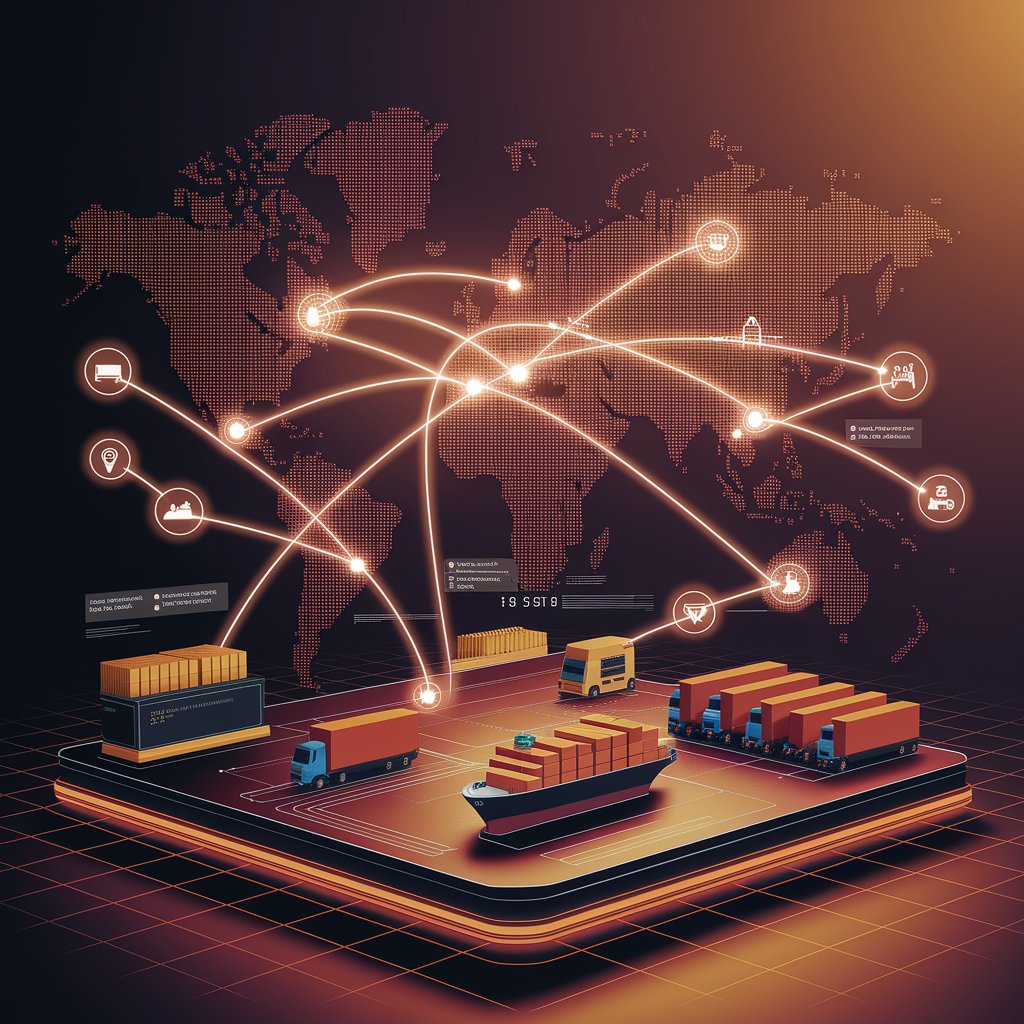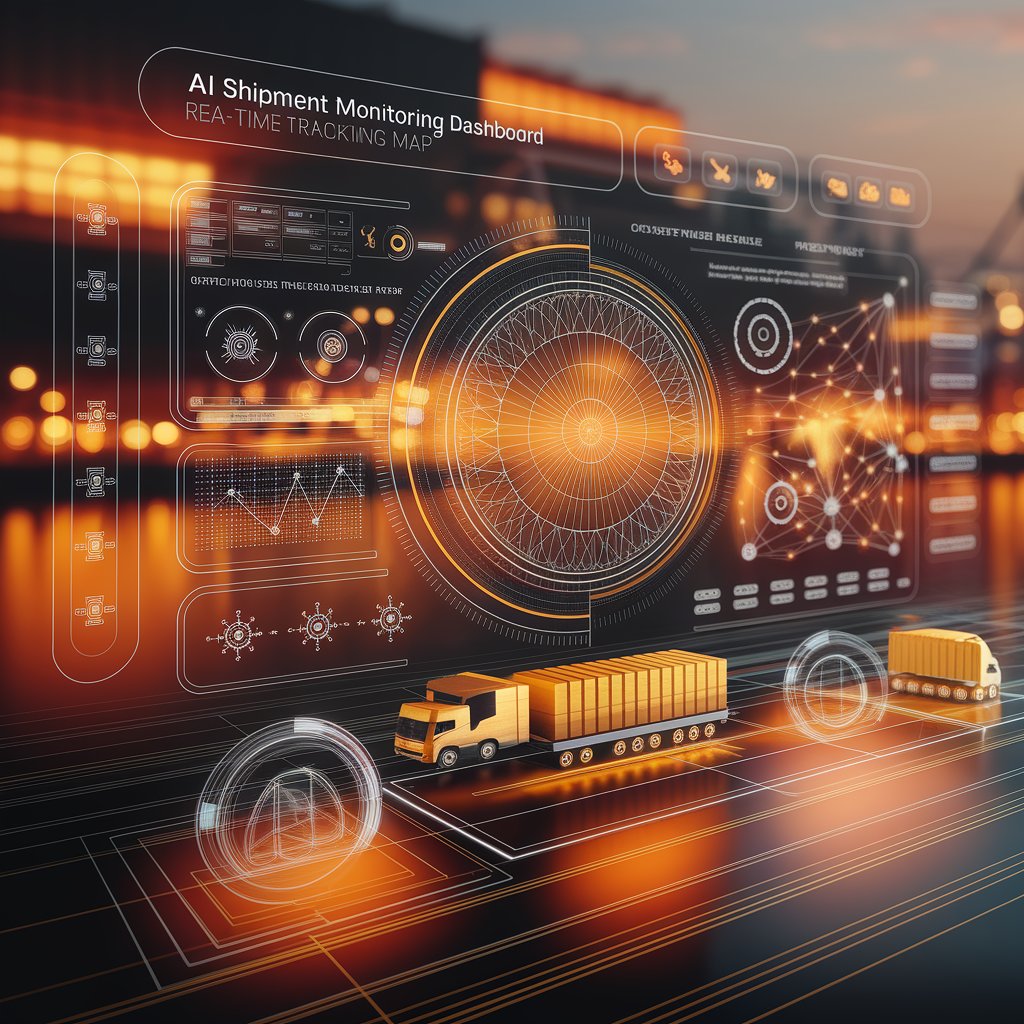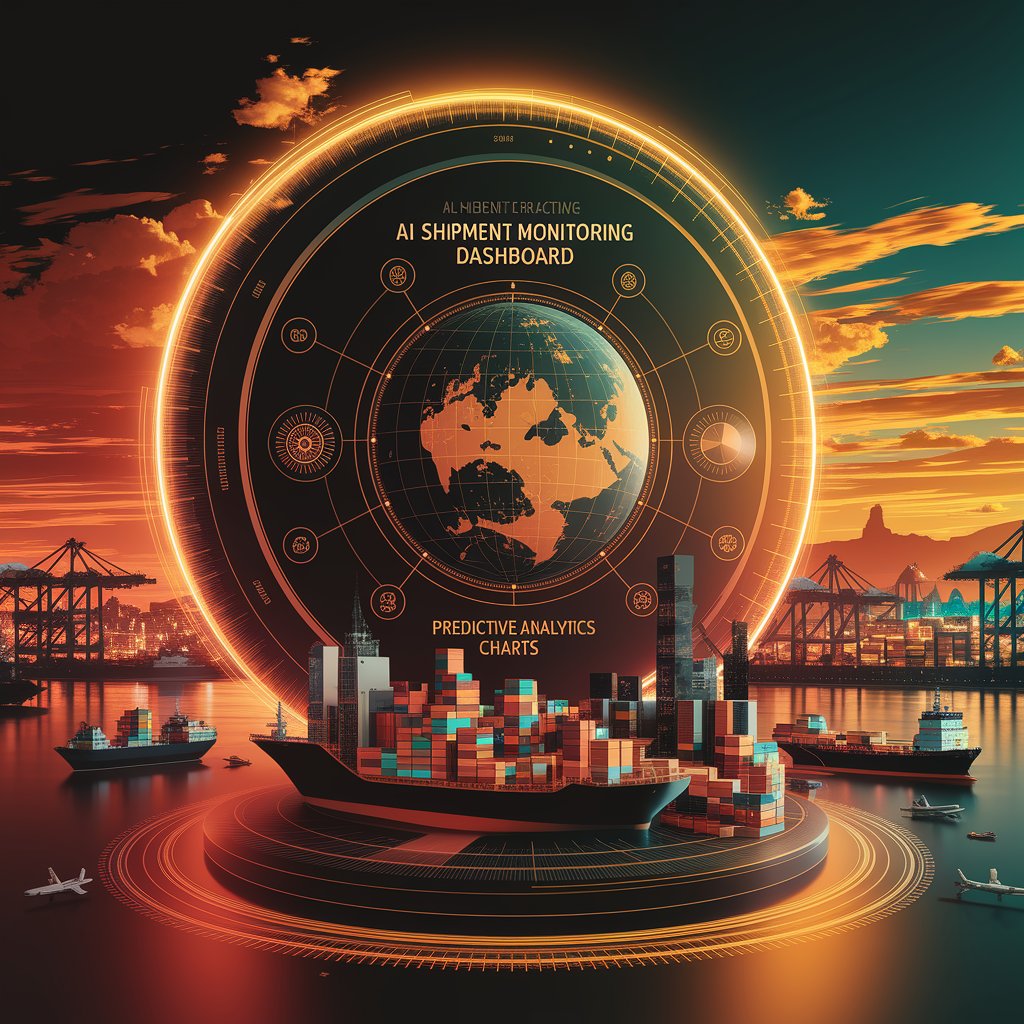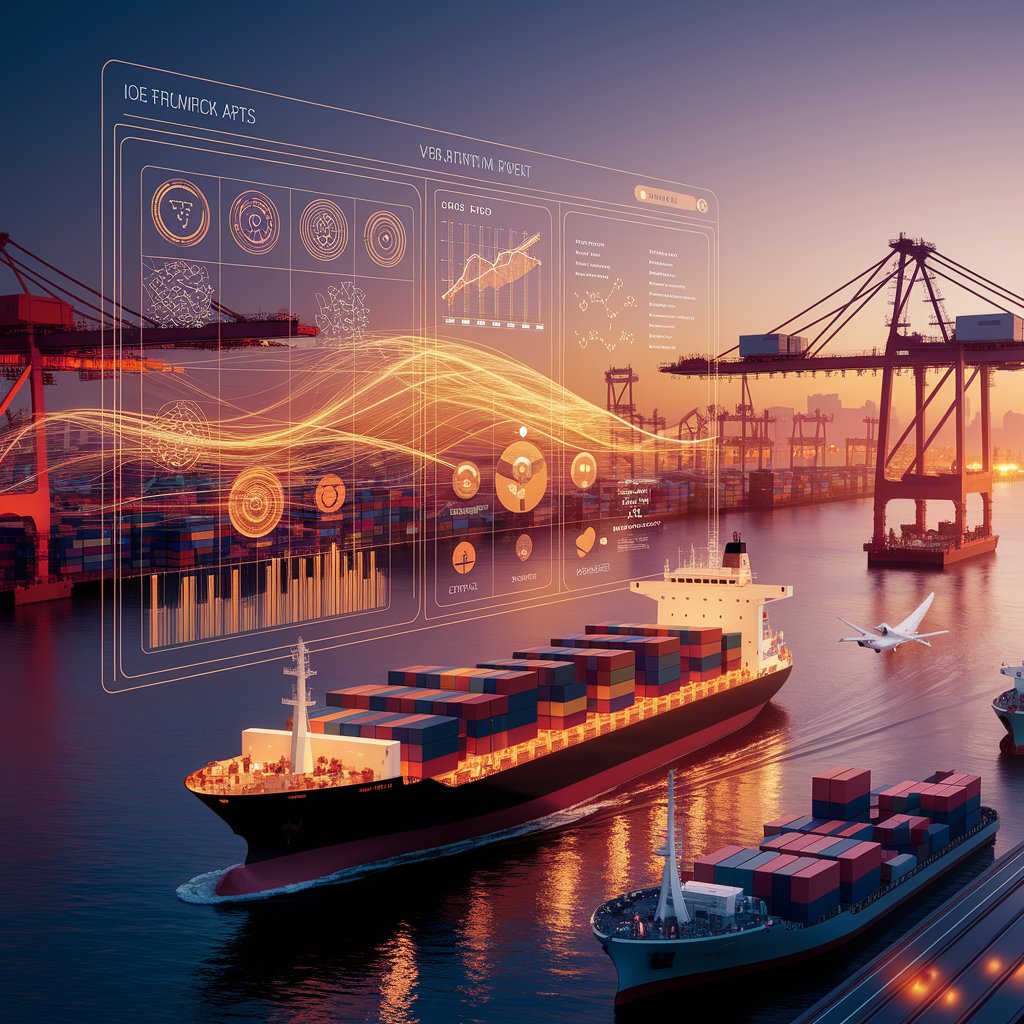AI Shipment Monitoring: Smarter Visibility for Global Logistics

Introduction
AI shipment monitoring offers a breakthrough. By combining artificial intelligence with real-time tracking technologies, logistics providers gain continuous insights into shipments—enabling faster decision-making, proactive risk management, and stronger customer trust.
What Is AI Shipment Monitoring?
AI shipment monitoring is the use of artificial intelligence to track, analyze, and optimize shipments in real time. Unlike traditional monitoring tools, AI continuously processes data from IoT sensors, GPS, and transport management systems to provide predictive insights and automated alerts.
This allows logistics providers to move beyond simple location tracking toward intelligent visibility and smarter operations.

Key Features of AI Shipment Monitoring
- Real-Time Tracking: Continuous updates on shipment location and status.
- IoT Integration: Sensors that monitor temperature, humidity, and cargo security.
- Predictive Analytics: AI forecasts delays and suggests proactive solutions.
- Automated Alerts: Instant notifications for exceptions or compliance issues.
- Unified Dashboards: Centralized visibility across global supply chains.
Benefits for Logistics Providers
- Operational Efficiency: Reduce delays with proactive adjustments.
- Cost Savings: Minimize penalties, spoilage, and wasted resources.
- Risk Mitigation: Detect and address disruptions before they escalate.
- Customer Satisfaction: Deliver transparency and accurate ETAs.
- Scalability: Manage higher shipment volumes without increasing complexity.

Real-World Applications
- Freight Forwarders: Provide clients with AI-powered shipment dashboards.
- Carriers: Monitor fleets and predict disruptions in real time.
- 3PL Providers: Offer monitoring as a value-added service.
- E-commerce Logistics: Deliver live shipment updates to end customers.
- Pharma and Cold Chain: Ensure compliance for sensitive, temperature-controlled cargo.
The Future of AI Shipment Monitoring
The future of AI shipment monitoring lies in digital twins, blockchain, and autonomous logistics. Digital twins will simulate shipment flows, blockchain will secure data integrity, and autonomous systems will adjust routing dynamically without human intervention. Over time, shipment monitoring will evolve into self-correcting supply chains that adapt instantly to global challenges.

Conclusion
AI shipment monitoring is transforming logistics by combining real-time visibility with predictive intelligence. By automating monitoring and delivering actionable insights, it reduces risks, cuts costs, and enhances customer trust. For logistics providers seeking to stay competitive, AI-driven shipment monitoring is not just a tool—it is the foundation of smarter, future-ready supply chains.
